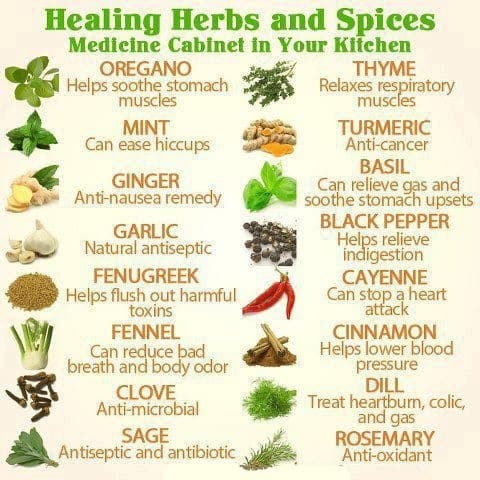In the realm of natural remedies, Morocco stands out for its rich tradition of herbal medicine.
Moroccan culture has long embraced the healing properties of various plants and spices. In this article, we delve into nature’s top 10 herbal antibiotics, incorporating Moroccan tricks and traditional steps, that can effectively fight against bacteria and viruses. Embrace the wisdom of Moroccan herbalism and discover the power of these potent remedies.
- Moroccan Mint (Mentha spicata):
Known for its refreshing aroma and taste, Moroccan mint possesses remarkable antimicrobial properties. Brew a soothing cup of Moroccan mint tea by steeping fresh leaves in hot water. This traditional remedy helps combat respiratory infections and supports digestion. - Olive Leaf (Olea europaea):
A staple of the Moroccan diet, olive leaves boast a myriad of health benefits. Infuse dried olive leaves into a tea to tap into their antibacterial and antiviral properties. Sip on this soothing concoction to strengthen your immune system and fight off infections. - Thyme (Thymus vulgaris):
Moroccan cuisine often incorporates thyme, a herb revered for its antimicrobial qualities. Create a simple thyme infusion by steeping dried thyme leaves in boiling water. This potent remedy can help combat respiratory infections, sore throat, and cough. - Moroccan Oregano (Origanum compactum):
Moroccan oregano, known locally as za’atar, possesses powerful antibacterial and antiviral properties. Combine dried Moroccan oregano with olive oil, garlic, and lemon juice to create a versatile marinade or dressing. This flavorful mixture not only enhances your culinary creations but also boosts your immune system. - Rosemary (Rosmarinus officinalis):
Renowned for its aromatic fragrance, rosemary also acts as a natural antibiotic. Incorporate fresh rosemary into your cooking or prepare a rosemary-infused oil. This natural remedy can help alleviate digestive issues and support your body’s defense against infections. - Moroccan Cumin (Cuminum cyminum):
Cumin, a staple spice in Moroccan cuisine, offers more than just culinary delights. Its antibacterial and antiviral properties make it a valuable addition to your herbal arsenal. Sprinkle ground Moroccan cumin on dishes or brew a warm cumin tea to harness its healing benefits. - Ginger (Zingiber officinale):
With its warming properties, ginger is a go-to ingredient in Moroccan remedies. Create a ginger-infused concoction by simmering fresh ginger in water. This natural antibiotic aids in digestion, boosts the immune system, and provides relief from respiratory ailments. - Moroccan Saffron (Crocus sativus):
Saffron, the golden gem of Moroccan cuisine, possesses potent antibacterial properties. Add a pinch of this prized spice to your meals or brew a saffron tea for its healing benefits. Saffron can help combat infections and promote overall well-being. - Moroccan Cinnamon (Cinnamomum verum):
Cinnamon, a beloved spice in Moroccan desserts and beverages, offers more than just a delightful flavor. This aromatic spice exhibits antibacterial and antiviral properties. Sprinkle ground cinnamon on your morning oatmeal or brew a comforting cinnamon tea to boost your immune system. - Moroccan Garlic (Allium sativum):
Garlic has been hailed for its medicinal properties in Moroccan culture for centuries. Known for its potent antimicrobial effects, garlic can be consumed raw or cooked to unleash its health benefits. Incorporate garlic into your meals or create a garlic-infused oil to boost your immune system and ward off infections.
Nature has provided us with a treasure trove of herbal antibiotics, And Morocco’s rich herbal tradition adds a touch of uniqueness and efficacy to these remedies. By embracing these natural alternatives and incorporating Moroccan tricks and steps, you can harness the power of nature to combat bacteria and viruses. Embrace the wisdom of Moroccan herbalism and empower yourself with these potent remedies for a healthier, more resilient you.

